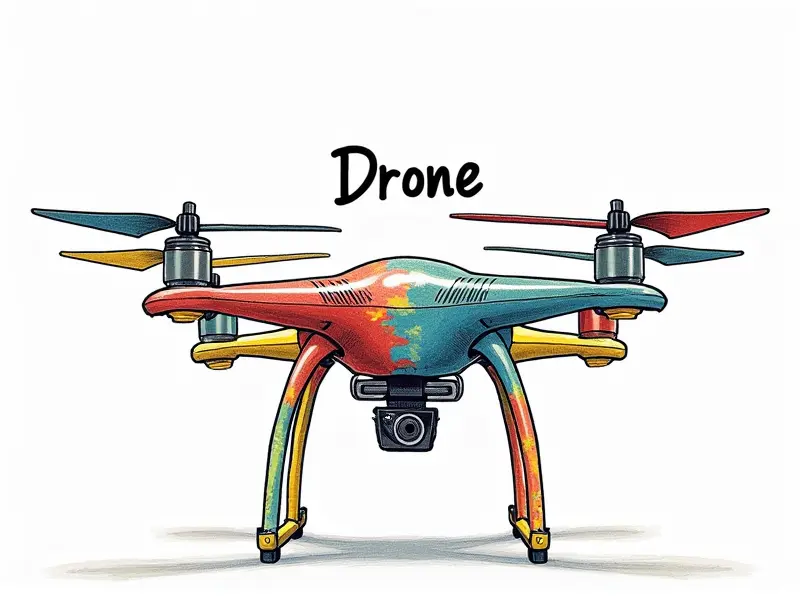Can I recycle Li-ion batteries?

Why You Should Recycle Your Li-Ion Batteries
Lithium-ion (Li-Ion) batteries are ubiquitous in our daily lives, powering everything from smartphones and laptops to electric vehicles. However, these batteries pose significant environmental risks if not disposed of properly. Recycling Li-Ion batteries is crucial for several reasons:
- Environmental Protection: Proper recycling prevents toxic materials like lithium, cobalt, nickel, and cadmium from entering the environment.
- Resource Conservation: Recycling helps recover valuable metals that can be reused in manufacturing new batteries or other products.
- Safety: Improper disposal of Li-Ion batteries can lead to fires and explosions, posing a significant risk to public safety.
How to Recycle Lithium-Ion Batteries Safely
To ensure the safe recycling of your Li-Ion batteries, follow these steps:
- Discharge the Battery: Before disposal, discharge the battery to a safe level (usually 50% charge).
- Package Properly: Place each battery in a plastic bag or wrap it individually with tape to prevent short circuits.
- Transport Safely: Keep batteries away from flammable materials and transport them in a cool, dry place.
Where Can You Recycle Li-Ion Batteries?
There are several options for recycling your used Li-Ion batteries:
- Local Collection Centers: Many communities have designated collection centers or drop-off points.
- Retail Stores: Some electronics retailers offer battery recycling programs.
- Hazardous Waste Facilities: Check with your local government for hazardous waste disposal sites.
Benefits of Recycling Used Li-Ion Batteries
The benefits of recycling used Li-Ion batteries are numerous and far-reaching:
- Economic Benefits: Recovering valuable metals reduces the need for mining new resources, lowering costs.
- Environmental Impact: Recycling helps reduce pollution and conserve natural resources.
- Social Responsibility: Proper disposal practices contribute to a cleaner environment and safer communities.
The Impact of Not Recycling Li-Ion Batteries
Failing to recycle your used Li-Ion batteries can have severe consequences:
- Toxic Pollution: Improper disposal leads to the release of toxic chemicals into soil and water.
- Fire Hazards: Used batteries can ignite fires, causing property damage and endangering lives.
- Resource Depletion: Discarding valuable metals means losing opportunities for resource recovery.
Local Options for Recycling Li-Ion Batteries
To find local recycling options, consider the following resources:
- City or County Websites: Check your municipal government's website for information on hazardous waste disposal.
- EPA Resources: The Environmental Protection Agency (EPA) provides a searchable database of battery recycling locations.
- Manufacturer Programs: Many manufacturers offer take-back programs or partnerships with recyclers.
DIY: Recycling Li-Ion Batteries at Home
While DIY methods for recycling batteries are not recommended due to safety concerns, you can still contribute by:
- Proper Disposal: Follow safe disposal guidelines and use designated collection centers.
- Educate Others: Spread awareness about the importance of proper battery recycling.
Eco-Friendly Tips for Recycling Li-Ion Batteries
Here are some eco-friendly tips to ensure you recycle your batteries responsibly:
- Reduce Usage: Extend battery life by conserving energy and properly maintaining devices.
- Reuse Batteries: Consider recharging or refurbishing batteries when possible.
- Recycle Regularly: Make a habit of recycling used batteries to minimize environmental impact.
Finding a Recycling Center for Li-Ion Batteries
To find a suitable recycling center, use these methods:
- Online Search: Use search engines or specialized websites to locate nearby battery recycling centers.
- Contact Local Authorities: Reach out to your city or county government for information on hazardous waste disposal.
Steps to Properly Dispose of Li-Ion Batteries
Follow these steps to ensure proper disposal:
- Identify Battery Type: Determine if your battery is Li-Ion or another type (e.g., alkaline).
- Check Local Regulations: Familiarize yourself with local laws and guidelines for hazardous waste.
- Contact Recycling Centers: Reach out to nearby recycling centers for specific instructions on battery disposal.
The Importance of Recycling Li-Ion Batteries
Recycling Li-Ion batteries is essential for several reasons:
- Sustainability: It supports a circular economy by recovering valuable materials.
- Environmental Responsibility: Proper disposal prevents pollution and protects natural resources.
- Public Safety: Safe handling of batteries reduces the risk of fires and other hazards.
Conclusion
The importance of recycling Li-Ion batteries cannot be overstated. By following safe disposal practices, utilizing local recycling centers, and spreading awareness about the benefits of proper battery management, we can significantly reduce environmental harm and promote a more sustainable future. Take action today to ensure your used batteries are recycled responsibly.

